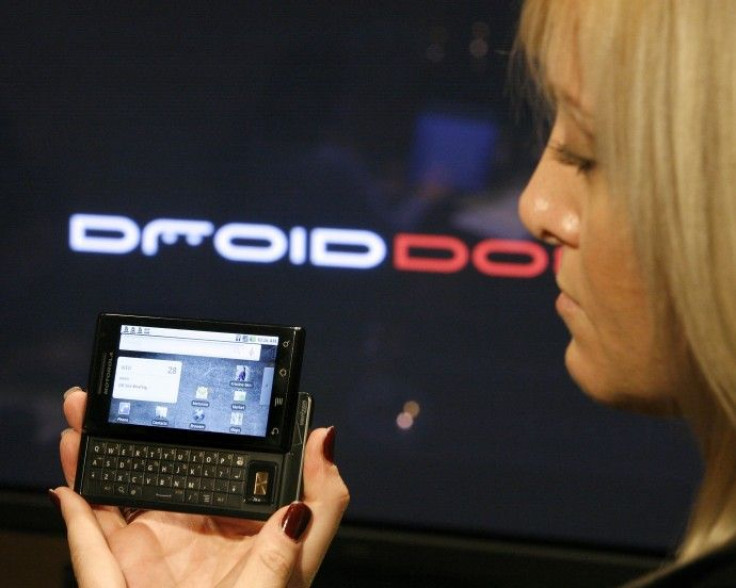Droid-ucation: How Android is transforming the 21st century educationist

The Internet experience has had a revolutionary impact on all aspects of life in the 21st century and it would be ironic if education - considered one of the most critical drivers of progress - had remained untouched by the influence.
Such concerns may be exaggerated, given the increasing adoption among students and teachers alike of the Google Apps for Education suite, which includes Gmail, Google Talk, Google Calendar, Google Docs, Google Sites, and other tools that provide a central platform to interact, communicate, and collaborate. Now, with Android, Google's open-source operating system for mobile devices, pedagogy and academic interaction might never be the same again.
In an interview with AACSB's BizEd magazine, Jeff Keltner and Obadiah Greenberg, senior managers at Google who have been directly involved in the Internet major's many educational forays, point out that students and professors have been using fundamental applications like Google docs, Google spreadsheets etc. to collaborate on projects, do research, conduct surveys for quite some time now. Mobile technologies too have become popular as facilitators of student-faculty interaction, realtime quizzes, instant feedback etc. With Android, the academic community can integrate all of Google's apps for education on the move and experience more.
A couple of Android features identified by Keltner and Greenberg as fitting in closely with educational use are the Android App Inventor and Moderator. The first enables even the lay-user, without any knowledge of computing, to create Android applications. According to them, this is being used by many schools as the basis to launch introductory courses in computing, while others are using it to teach students about all that can be done with a mobile device. Moderator is a tool that enables users to direct questions or polls to a group, thus facilitating collection of ideas or feedback from a class. It can even be used to moderate classroom (or, any large) discussions online.
Another avid Droid-using professor blogs about the Android Evernote application, which lets him capture notes, ideas and experiences in a jiffy, wherever he may be. These notes are transferred easily by him using Dropbox, without any need for email or a USB cable. The app creates a Dropbox folder and any files he places there is sent to the Dropbox cloud which all his devices (phone & computer usually) will eventually connect to.
What holds up the immense potential of this technology in education is the admission from Keltner who candidly tells BizEd that he does not know what classrooms of the future would look like, but is committed to working with schools, educators and students to create new applications that take advantage of the unique capabilities of mobile devices.
© Copyright IBTimes 2024. All rights reserved.











